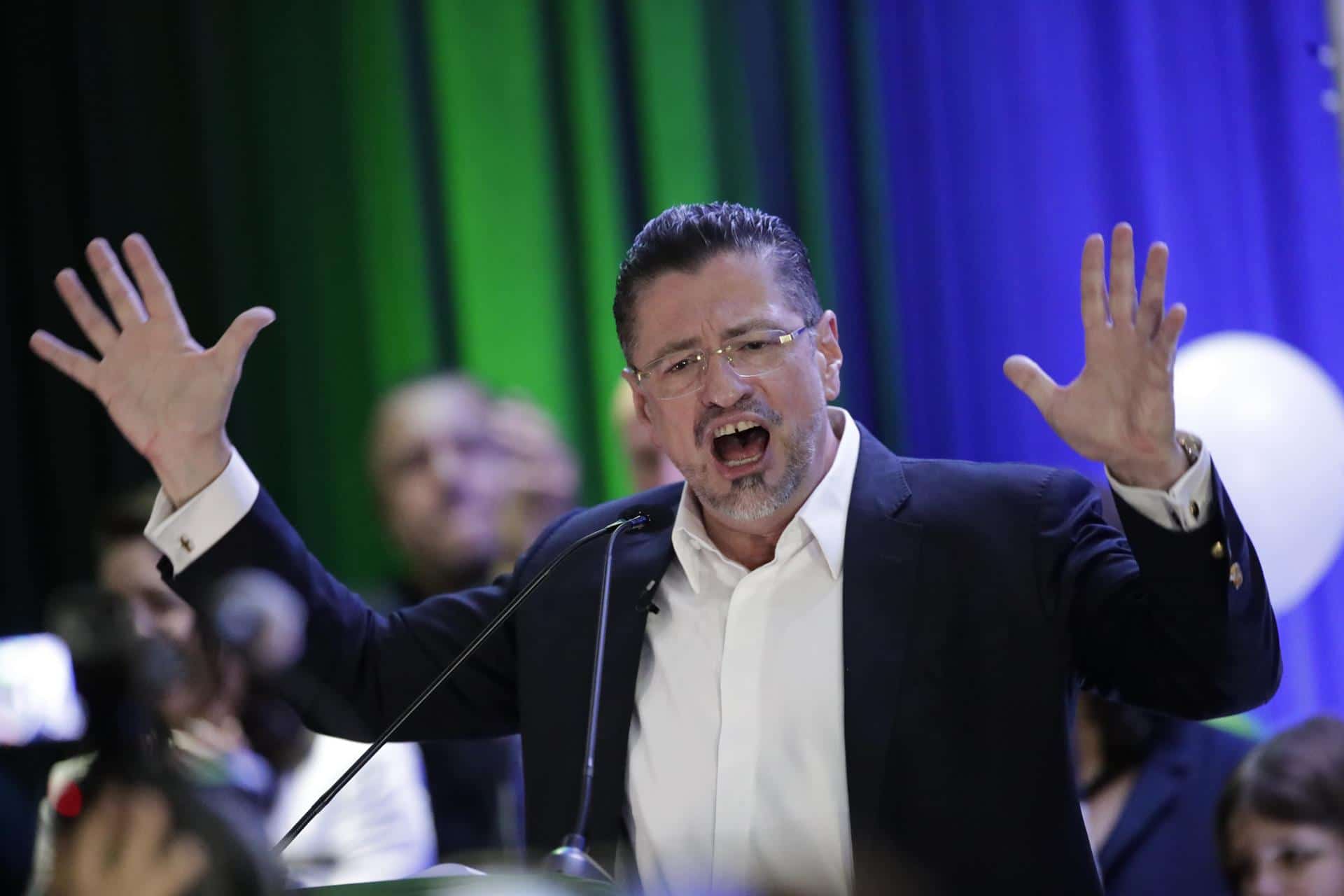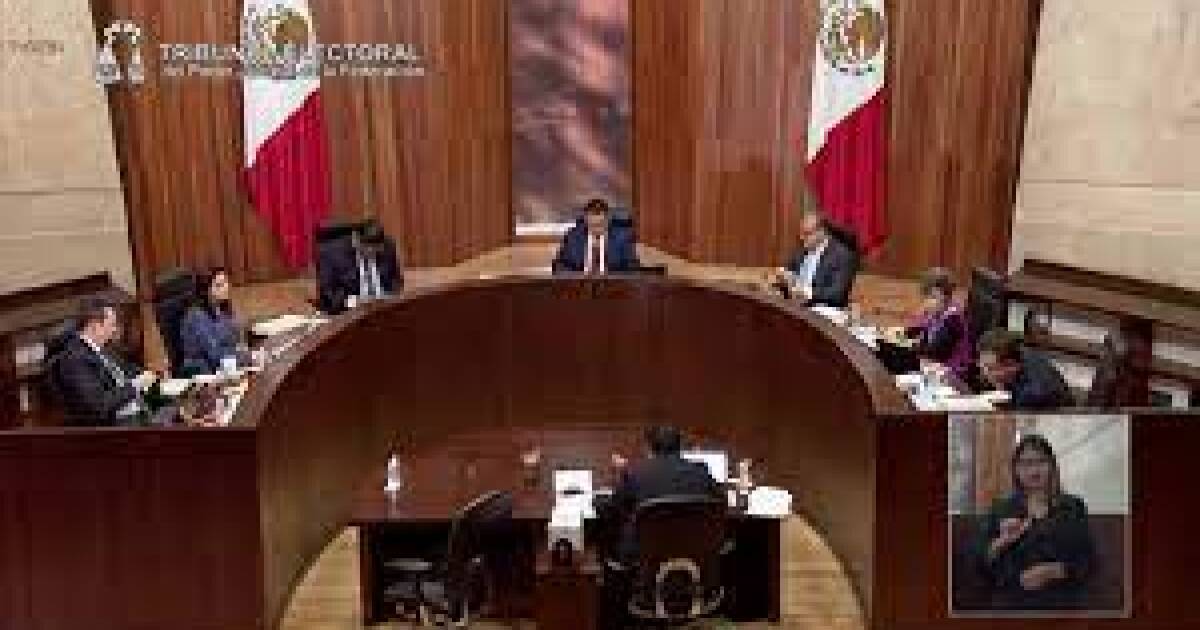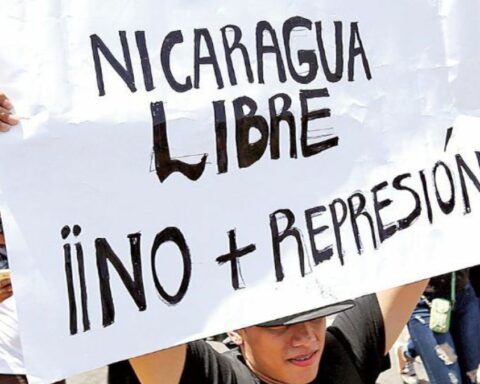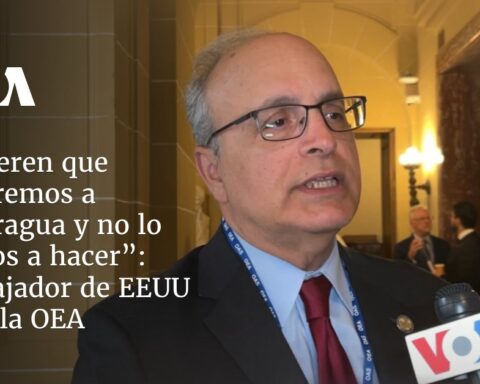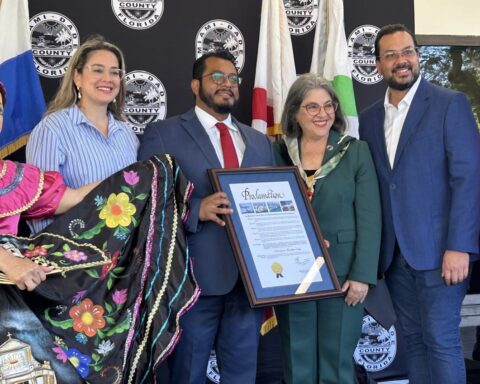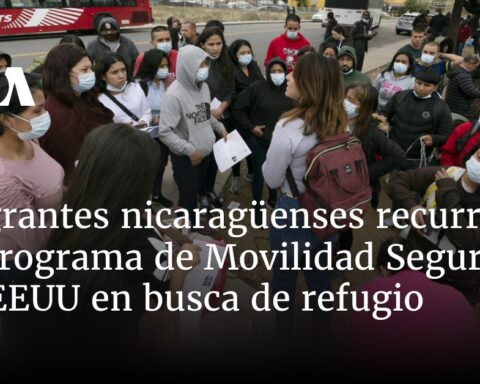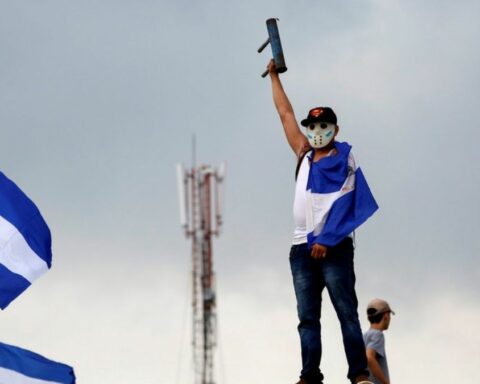The elected president of Costa Rica, Rodrigo Chaves is reconsidering the possibility of sending an ambassador to Nicaragua after the expulsion of the Organization of American States (OAS) delegation from Managua.
“I have not said that I am going to put an ambassador in Nicaragua. We are still considering the possibility. Obviously the event of having removed the OAS from Nicaragua changes the equation and when we are ready we will talk about it,” Chaves told the press this Friday.
The president-elect insisted that “we have not said that we are going to appoint an ambassador to Nicaragua” and that the only thing he and his designated foreign minister, Arnoldo André Tinoco, have done is to say that the matter is under consideration.
However, on April 4, one day after winning the elections, Chaves announced that his “inclination” was to “appoint an ambassador to Nicaragua, (because) we have diplomatic relations and we are not at war” and stated that he does not like them. “the half measures” or “the positions to look pretty”.
“If we have to break diplomatic relations for reasons of merit, we break them, but not to be in the little game of having diplomatic relations and not having ambassadors,” Chaves declared on April 4.
For his part, Tinoco revealed on April 22 that he met with the current Nicaraguan ambassador in San José, Duilio Hernández, as a “sign of goodwill” and to “discuss bilateral issues.”
“In Nicaragua, as the president (Chaves) has announced, the intention is to appoint an ambassador at the right time. We are making the evaluations and consultations of the case to get there, ”said the appointed foreign minister to journalists that day.
The current government of President Carlos Alvarado did not send an ambassador to Nicaragua and in various international forums he has denounced human rights violations in that country and has advocated a return to democracy.
Costa Rica has strongly criticized the Nicaraguan government for imprisoning activists, journalists and presidential hopefuls and has said that the voting in November last year was neither clean nor transparent.
Chaves, from the center-right Social Democratic Progress Party, will assume power in Costa Rica on May 8 for a four-year term.

